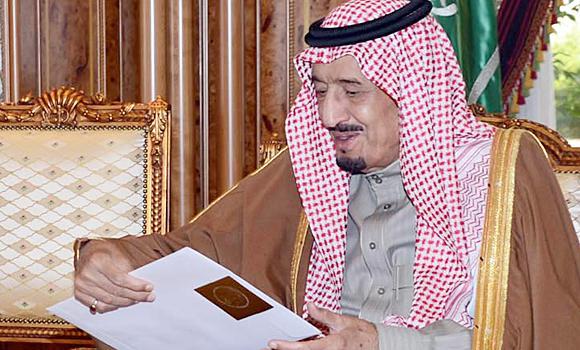
Riyadh, Jan 15: Crown Prince Salman, deputy premier and minister of defense, has demanded the Council of Saudi Chambers (CSC) submit a report to him on the impact it monitored with regard to the Ministry of Labor’s decision to raise the cost of the expatriate worker in the Saudi market to SR 2,400 a year.
The order came after a meeting held recently between the crown prince and the members of the executive committee in the Council of Saudi Chambers in the presence of representatives of the board of directors, led by CSC Chairman Abdullah Al-Mobti.
The CSC delegation explained during the meeting the many negative impacts of the Labor Ministry's decision. The prince showed great understanding of the dimensions of the situation on the domestic market, emphasizing and confirming to them that the vital thing is to provide stability for the citizens and maintaining the interest of the nation.
Subsequently, the Council of Saudi Chambers filed a report on the direct and indirect impacts of the adoption of the levy for foreign laborers in its current form on the domestic market, according to the board.
The delegation declared that it fully agreed on the importance of the nationalization of jobs, and that they encouraged Saudization through the partnership between the state and the private sector. However, the delegation explained that it would be in the best interest of the country if the move did not inflict huge losses on the economy, which would ultimately result in reduced employment opportunities. The committee asserted it called for subjecting the decision to more detailed studies until the results are suitable for the local market needs and status, as well as not to damage the private sector.
The members said they supported the idea of national employment but at the same time reaffirmed the fact that there are jobs Saudis are not ready to do






Comments
Add new comment